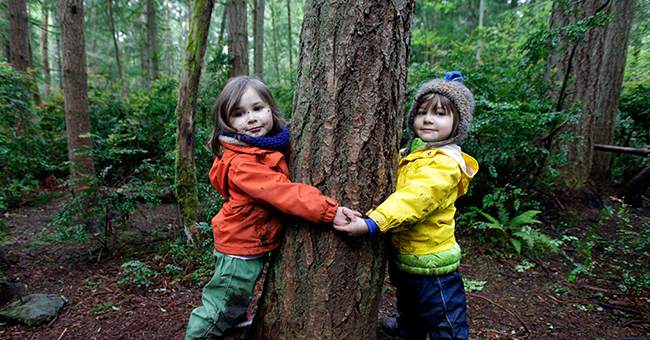The Age highlights studies showing that children are not coronavirus vectors.
Major studies into the impact of COVID-19 on young children suggest they “do not play a significant role” in spreading the virus and are less likely to become infected than adults.
Based on this news, Switzerland has announced young kids can hug their grandparents again.
It raises a question: Should we have ever closed the schools? At the time schools closed down, we knew very little about the virus and how it spreads and we’d all heard anecdotal stories of young people coming down with it. Those have turned out to be statistical outliers, black swans in a black swan event. Thankfully.
Among the evidence is a study of a nine-year-old British boy who contracted coronavirus in the French Alps but did not pass it on, despite having contact with more than 170 people at three schools.
The boy, who was among the cases linked to Steve Walsh, the first Briton to test positive, also had influenza and a common cold which he passed to both of his siblings, but neither picked up COVID-19.
After months of research (which seems like years of lockdown life), we know a bit more. COVID risk increases with age and underlying health issues. We may never have a true vaccine. But a few young heroes have stepped up to help accelerate the search for one.
In less than a month, more than 3,300 people from 52 nations — including at least two Stanford grads — have signed up to be vaccinated and deliberately exposed to the new virus in a campaign organized by the group 1DaySooner, a willingness that’s caught the attention of legislators, ethicists and scientists.
The effort was launched by Josh Morrison of Brooklyn, New York, a Harvard-educated attorney who founded Waitlist Zero, a nonprofit organization that seeks to ease kidney donation. In 2011, he donated a kidney to a stranger, accepting a small risk of death to save a life. A readily available COVID-19 vaccine, he reasoned, could save far more lives.
It can take years to develop a vaccine. The participants in this “challenge study” hope to speed development and save lives.
The premise of a “human challenge” study is to infect a smaller number of vaccinated people who are young and healthy, accelerating testing and giving manufacturing a head start. A “challenge” study takes advantage of the low death rate for those infected by SARS-CoV-2 — about 0.03% for 20-29 year olds and 0.085% for 30-39 year olds according to data from China — not negligible but very uncommon for those likely to be eligible to participate.
Such studies put volunteers at potential risk of disease and death. There is no “rescue” therapy to treat them if they get sick. The long-term effects are unknown. Yet they’re willing to help anyway.
Read the rest to meet a few of them. Their decision is heroic, on the level of volunteering for combat duty to defend both your loved ones and strangers back home.
These young people have volunteered to fight the invisible enemy and save countless lives.
“Greater love has no one than this; to lay down one’s life for one’s friends.” — John 15:13
